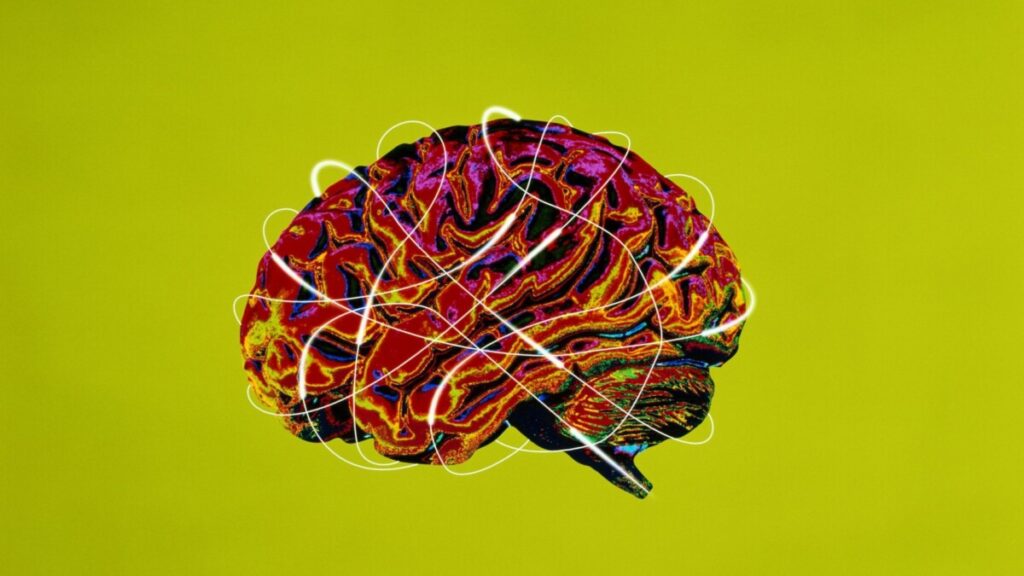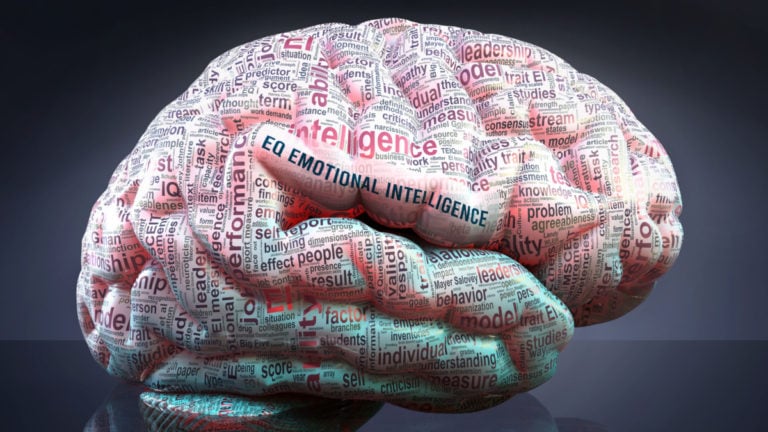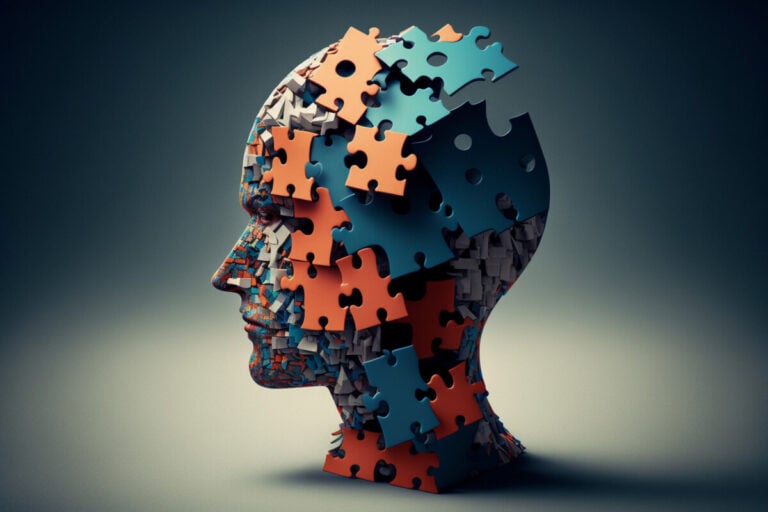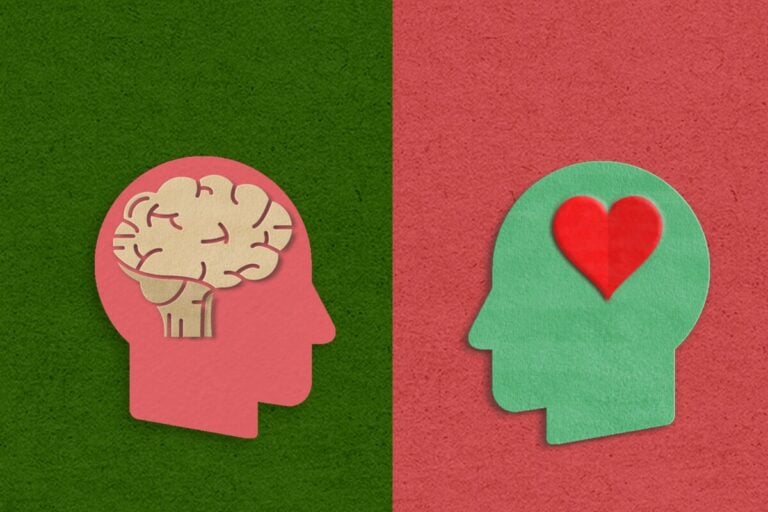Is it possible to measure intelligence? Where did this term come from? What can it show, what does it affect, where is it used? Can IQ tests be trusted? I will tell you in more detail and in order. I will also share some secrets of developing intellectual abilities.
IQ tests were developed to measure various aspects of intelligence, including perception, logical thinking, analytical skills, and problem solving of varying complexity. They are a set of tasks that are designed to assess individual abilities. Compares with the results of other people in a certain age group.
Scores on IQ tests can provide insight into a person’s cognitive abilities and potential in certain areas. However, it is important to note that IQ is just one of many factors that influence a person’s success in life. Factors such as motivation and social skills, emotional intelligence, play a critical role in determining achievement and success.
IQ tests are often used in educational and professional fields. In an educational environment, they help identify the individual needs of students and develop suitable training programs. In the professional sphere, they can be used when hiring personnel or when assessing candidates for promotion, leadership positions, as well as in areas where intellectual abilities are needed.
However, you cannot rely entirely on the results of IQ tests when assessing a person’s intelligence and abilities. There are many other factors that can influence success and achievement, and no single test can fully capture all aspects of a person’s intelligence. In addition, cultural differences and personality traits may influence test results.

How to increase your IQ?
We will look at some key aspects that will help you develop your intellectual abilities.
- Firstly, one of the effective ways is continuous learning. No matter your level of knowledge, there is always something new to learn. Reading books, taking courses and participating in educational activities will allow you to expand your knowledge and understanding in various areas.
- The second aspect is the development of critical thinking. It is a skill that allows you to analyze information, ask questions, and formulate your own opinions. To develop this skill, in addition to studying, it is recommended to discuss what you read and watch with other people, as well as analyze diverse points of view.
- The third aspect is setting goals and solving complex problems. Regular practice of mental exercises and puzzles helps train the brain and expand its capabilities. It is also worth noting that solving complex problems activates our cognitive processes and contributes to the development of thinking skills.
- Another important aspect is physical health. Regular physical activity and proper nutrition contribute to optimal brain function; you need to monitor your lifestyle.
Developing intellectual abilities is an important goal for many people. It allows us to expand our horizons, develop critical thinking and achieve personal growth.
Interesting facts
Research shows that people with high intelligence have better cognitive abilities, such as analysis, abstract thinking and problem solving. They often exhibit high levels of creativity and innovation.
People with low intelligence, on the other hand, may have difficulty solving complex problems, analyzing information, and making informed decisions. However, they may be more thorough and consistent in their daily tasks.
People with high intelligence can often show themselves as leaders and initiators who can give a new perspective on a problem and propose a non-standard solution. They may be more open to new ideas and experiences.
People with low intelligence, on the other hand, may prefer to avoid conflict situations and be more conformist in their behavior. However, they may also be more attentive to detail and to different aspects of a problem.
At the same time, one should rely on the study of each individual person. One should not discount the fact that with low intelligence one can also see a personality prone to conflicts. This depends on the social environment in which he was brought up and other factors that are studied by a specialist.











